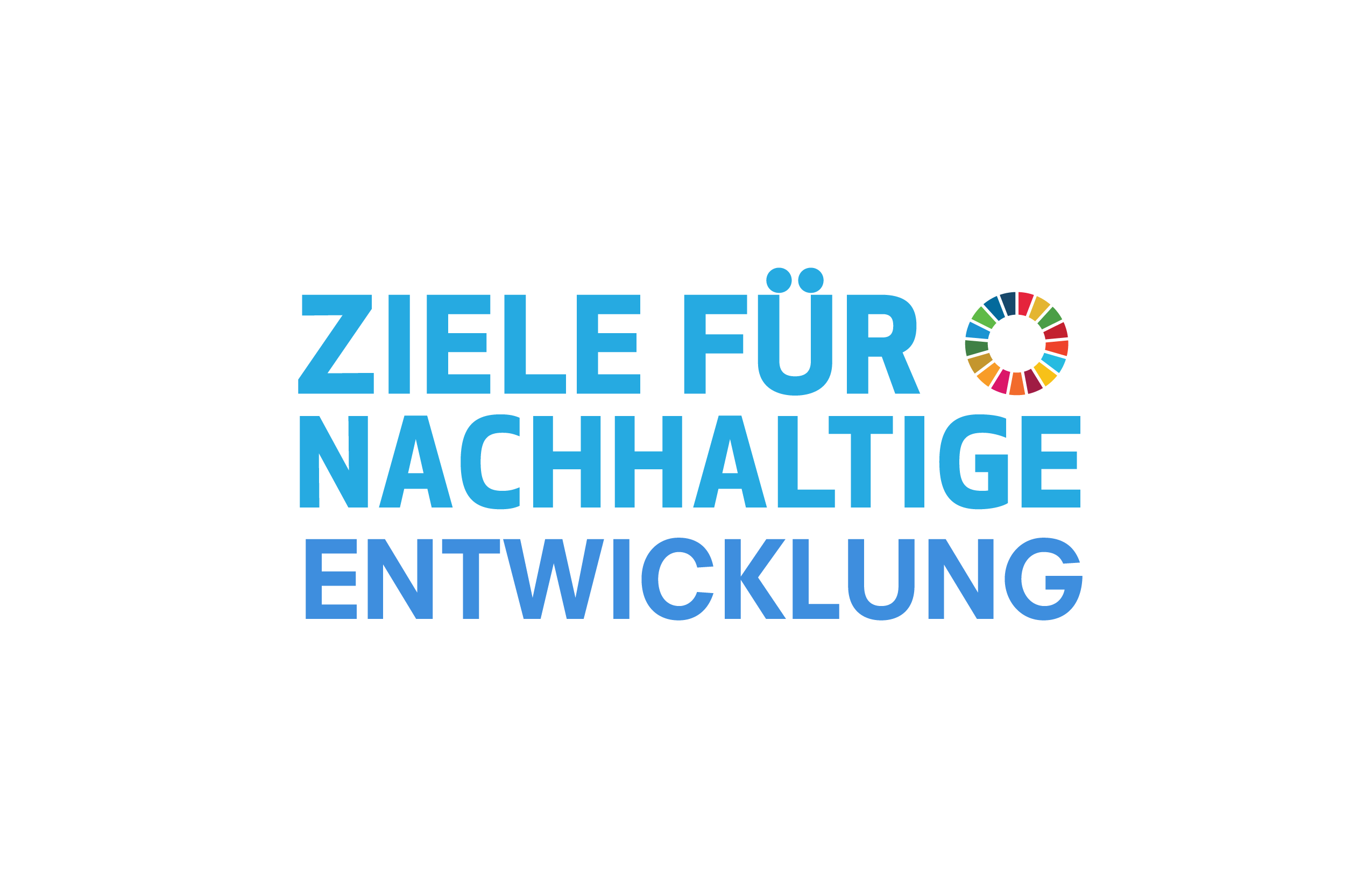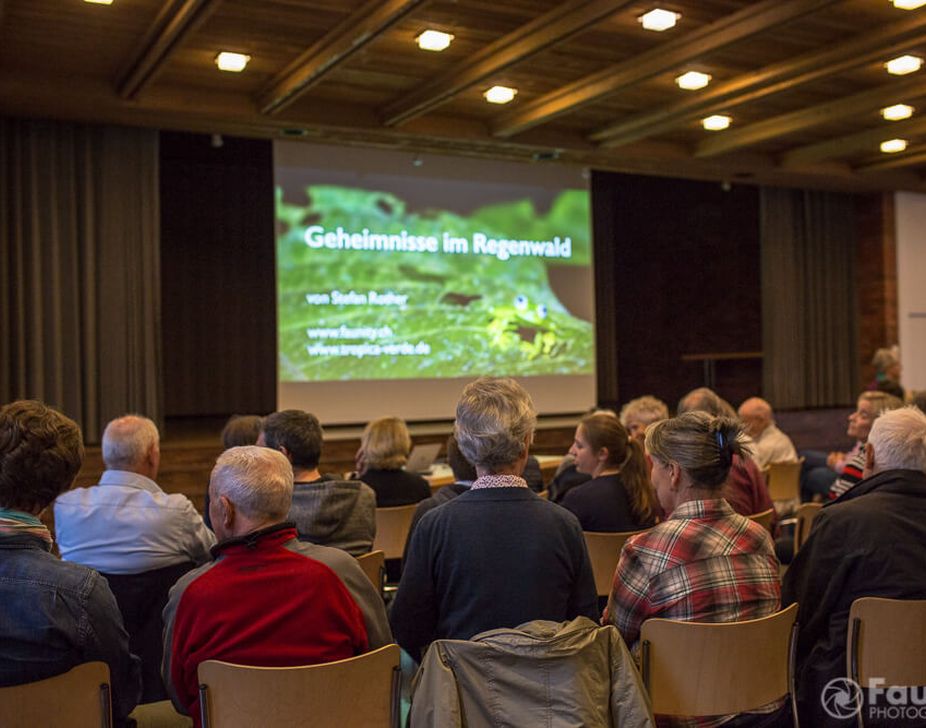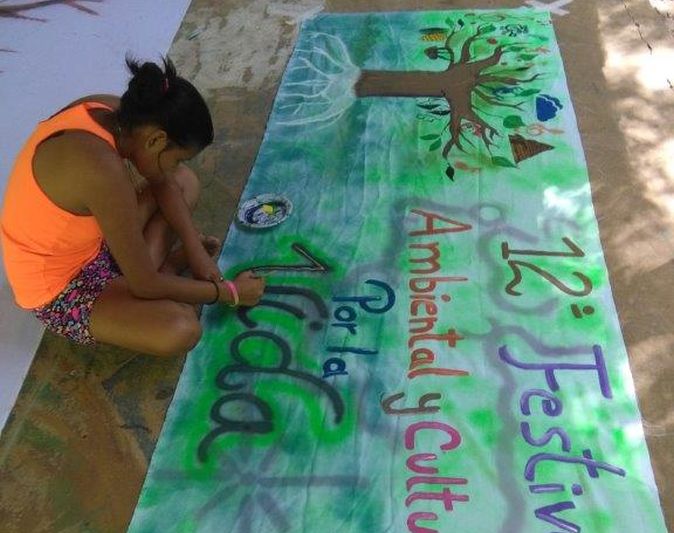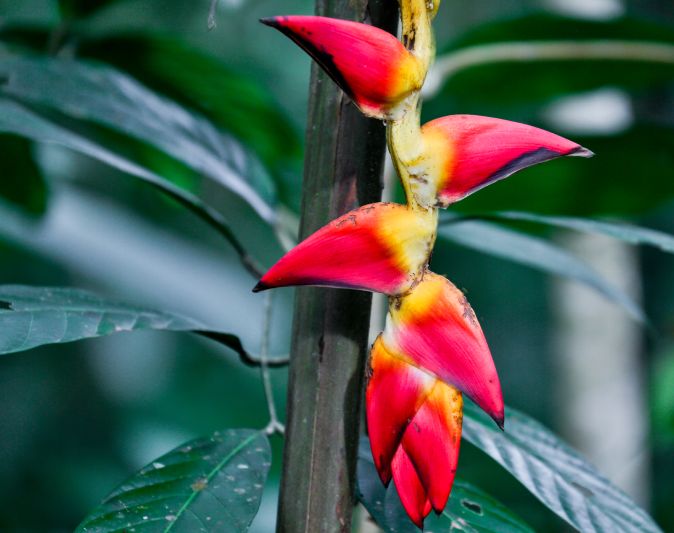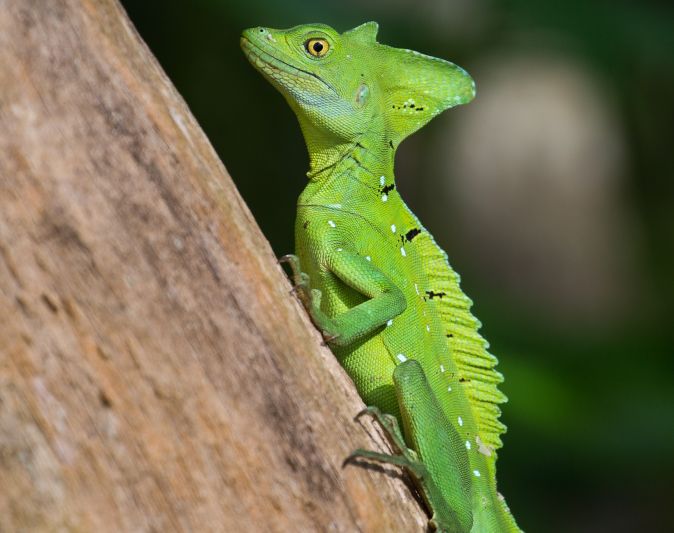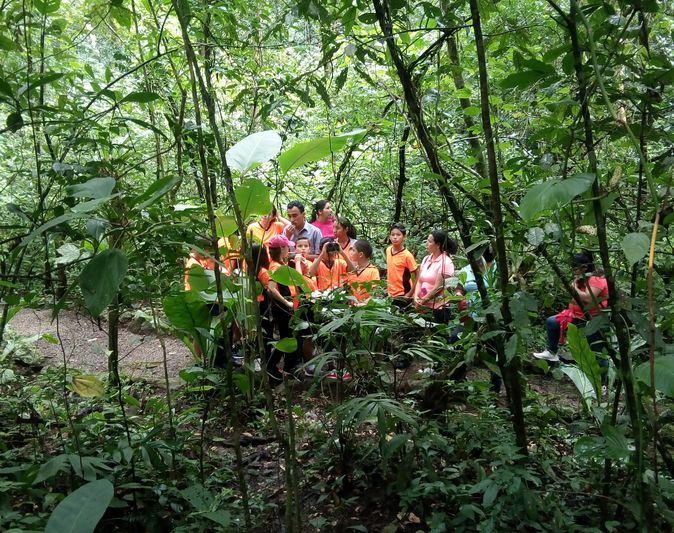Education for sustainable development
Education is the key to recognizing, trying and understanding action
Education is one of the central factors for individual and social development and should therefore not be missing from any of our Tropica Verde projects. Our approach is based on Education for Sustainable Development (ESD), an educational concept developed by the United Nations. It stands for education that enables people to think and act in a sustainable way.
What is Education for Sustainable Development?
Education for Sustainable Development, or “ESD” for short, enables learners to make informed decisions and act responsibly to protect the environment, create a sustainable economy and a just society for current and future generations, while respecting cultural diversity. The aim and purpose is to transform society.
In pedagogy, research-based, action-oriented and transformative learning should be made possible with a focus on the learner. Topics should show the global dimension of our behavior, have relevance to everyday life and significance for the learners, they should be of long-term importance and, if possible, have an ecological, economic and social or cultural dimension. In addition, they should offer opportunities for participation and action and be suitable for involving cooperation partners/partners from Costa Rica in terms of content.
The educational programs developed are intended to promote the so-called design skills of ESD. These include, for example: Building knowledge in an open-minded way and integrating new perspectives, thinking and acting with foresight, gaining interdisciplinary insights, motivating others to become active, shaping transformation, and much more. Within the framework of the given structures, pupils should learn to organize and structure their learning processes independently. The individuality of the learning processes is given as much leeway as possible and the learning content is expanded to include the acquisition of methodological, social and personal skills.
Action-oriented learning based on global topics
Pulling in the same direction!
We are guided by global framework agreements and conventions that affect important areas of sustainable development, such as the priority areas of action of the UNESCO Roadmap of the Global Action Program on ESDon which Article 6 of the United Nations Framework Convention on Climate Change and their work programs and on the Article 13 of the Convention on Biological Diversity and their work programs as well as the Sustainable Lifestyles and Education Program of the 10-year framework program for the promotion of sustainable consumption and production patterns (2012-2021). We have also committed ourselves to the United Nations’ Sustainable Development Goals (SDGs) and, through a survey, have defined our focus on the four most important SDGs for Tropica Verde.
The aim is to empower people to transform their world
The promotion of core skills such as critical and systematic thinking and the assumption of responsibility for current and future generations can be encouraged, for example, by learning a sustainable lifestyle. Learners of all ages should be empowered to change themselves and the society in which they live; people should become “global citizens” who engage both locally and globally to solve problems of unsustainable development and transform them towards sustainable development.
Strengthening the role of education through Tropica Verde
Tropica Verde has been operating in Costa Rica and Germany for 30 years and implements various educational projects. The aim is to understand that only together can we preserve the rainforest habitat with all its fascinating plants and animals. There is only one world in which we all live together!
Our actions in Germany have an impact on all other parts of the world, for example on climate issues or through our consumer behavior. The pineapples we buy in Germany, for example, were grown in Costa Rica. With our consumption decisions in Germany, we are directly linked to the working conditions on the farm from which the pineapple originates. The use of toxic pesticides, which are banned in the EU, and thus the pollution of soil and groundwater in Costa Rica is also financed with the money we pay for our pineapple at the supermarket checkout. Our world is interconnected on many levels, especially since globalization. For this reason, we advocate a type of education that is based on the One World idea and focuses on key skills for adapting to a rapidly changing world instead of “just” imparting factual knowledge.
Education is part of all projects in Costa Rica
In Costa Rica in particular, we are committed to strengthening the role of education and learning in all projects, programs and activities in order to promote sustainable development and bring about change in the minds of local people. The flora and fauna in Costa Rica is unique in the world and contains almost 6 percent of the world’s biodiversity. This makes it clear why preserving nature is so important in this small country. Not least so that we can continue to admire an autonomous and well-functioning natural cycle system and benefit from its free services such as oxygen, water and fruit as humans. But this only works if the rainforest is allowed to do its work undisturbed.
We are also committed to a different kind of education in Germany!
In Germany, we show that native forests, moors and meadows as independent habitats have the same functions as the forests in Costa Rica and that we also have a fascinating wealth of animals and plants. Tropica Verde creates links between the two worlds with its educational projects in Germany. Interactive educational modules, film evenings with discussion, etc. make nature conservation and the issues involved accessible to different target groups. For example, IGS Nordend organized a charity run for the reforestation of Finca Alicia in Monte Alto, co-organized information events such as a cinema evening as part of the development policy network and made its school CO2-neutral through various activities.
Picture presentations complement the offer, create a broad understanding of Costa Rica and bring the Costa Rican rainforest to life. Once you have been to this beautiful country, you will always want to return. In this way, we bring people closer to the reasons for the association’s voluntary commitment and hope to find even more like-minded people!

